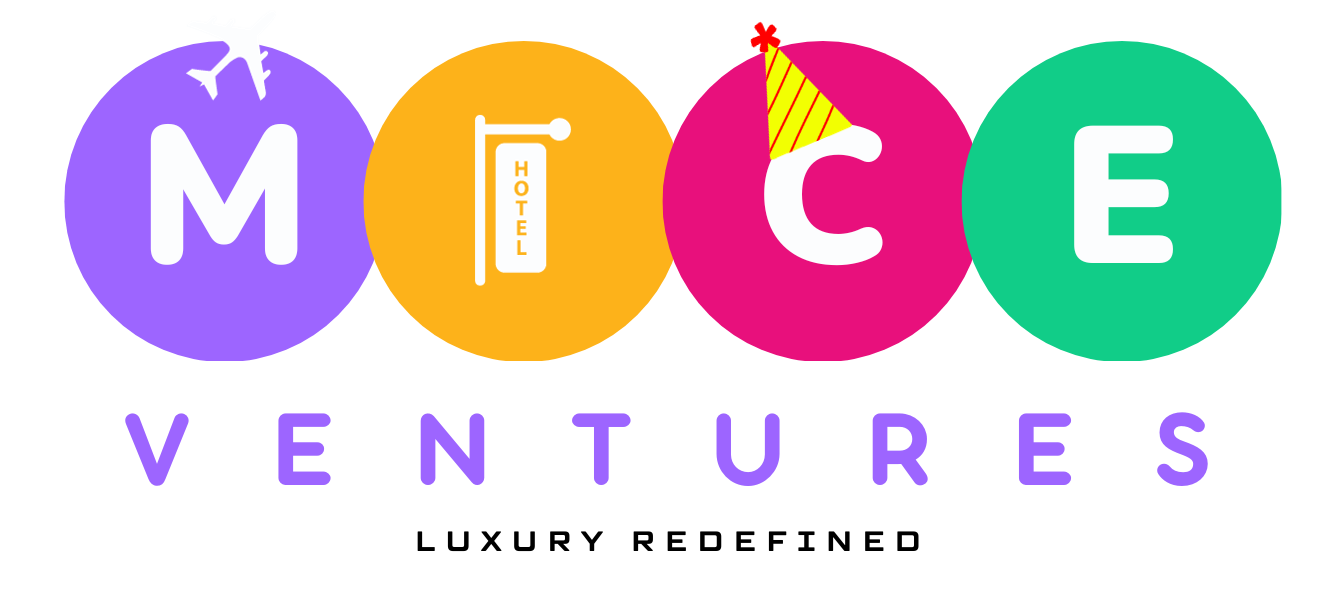Meetings
Meetings play a pivotal role in the event industry, serving as the backbone for successful event planning and execution. Whether you’re organizing a corporate conference, a grand wedding, or a small social gathering, effective meetings are the key to ensuring that every detail is meticulously addressed.
Pre-Event Planning Meetings:
The journey to a successful event begins long before the actual day. Pre-event planning meetings are the foundation upon which everything else is built. Here’s what you need to consider:
Objective Clarity: Clearly define the goals and objectives of the event during the initial meeting. This sets the direction for all subsequent discussions and decisions.
Budget Discussion: Review the budget in detail to ensure that all expenses are accounted for and allocated appropriately.
Vendor Selection: Decide on vendors and suppliers during these meetings, considering factors like reputation, pricing, and compatibility with your event vision.
Timeline Creation: Create a comprehensive timeline with milestones and deadlines, ensuring that all tasks are well-distributed.
Team Coordination Meetings:
Effective teamwork is at the heart of successful events. Meetings with your event team are essential to ensure everyone is on the same page:
Roles and Responsibilities: Clearly define the roles and responsibilities of each team member. A well-defined hierarchy helps in efficient decision-making.
Communication Channels: Establish efficient communication channels to keep everyone informed and updated throughout the planning process.
Problem-Solving: Use these meetings to anticipate potential challenges and discuss solutions in advance.
Vendor Meetings:
Engaging and coordinating with vendors is a crucial aspect of event planning. Effective vendor meetings should cover
Contract Review: Go over vendor contracts meticulously, making sure all terms and conditions are understood and agreed upon.
Logistics: Discuss logistical details, such as delivery times, setup and teardown schedules, and contingency plans.
Menu Tasting: For food-related vendors, tastings are essential to ensure the menu aligns with the event theme and satisfies guest expectations.
Client Meetings:
For events organized on behalf of clients, client meetings are essential:
Regular Updates: Keep the client informed about the progress of the event planning, seeking their feedback and approval on key decisions.
Budget Tracking: Share budget updates with the client to ensure transparency and alignment with their financial expectations.
Final Walkthrough: Conduct a final meeting to walk through all event details and logistics with the client to alleviate any concerns.
On-site meetings are the final step before the event itself:
Venue Inspection: Visit the event venue with your team and vendors to finalize setup plans and address any last-minute issues.
Run-of-Show Review: Go through the event schedule, ensuring that everyone understands their roles and responsibilities during the event.
Emergency Plan: Discuss and rehearse the emergency plan to handle unforeseen situations effectively.
